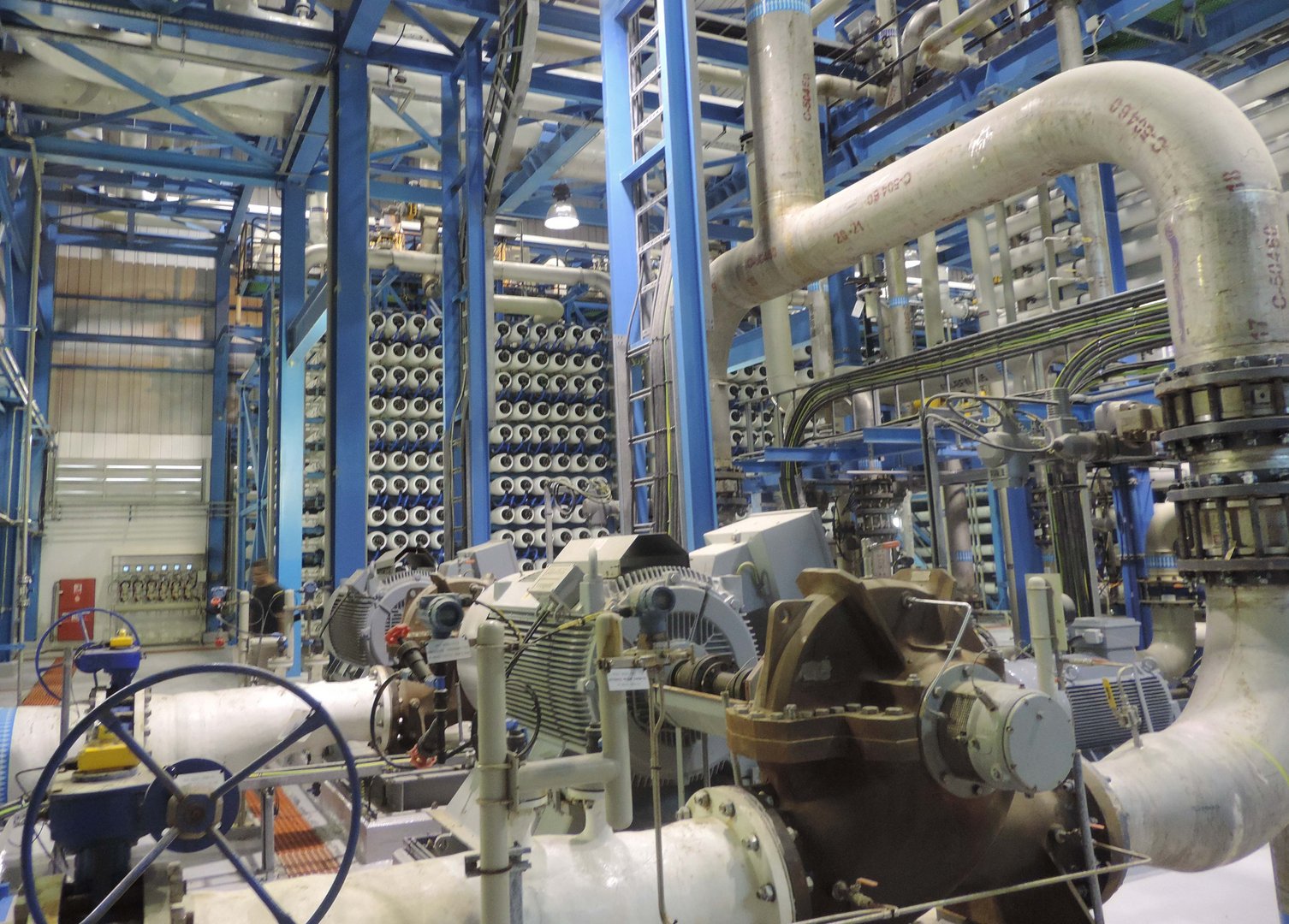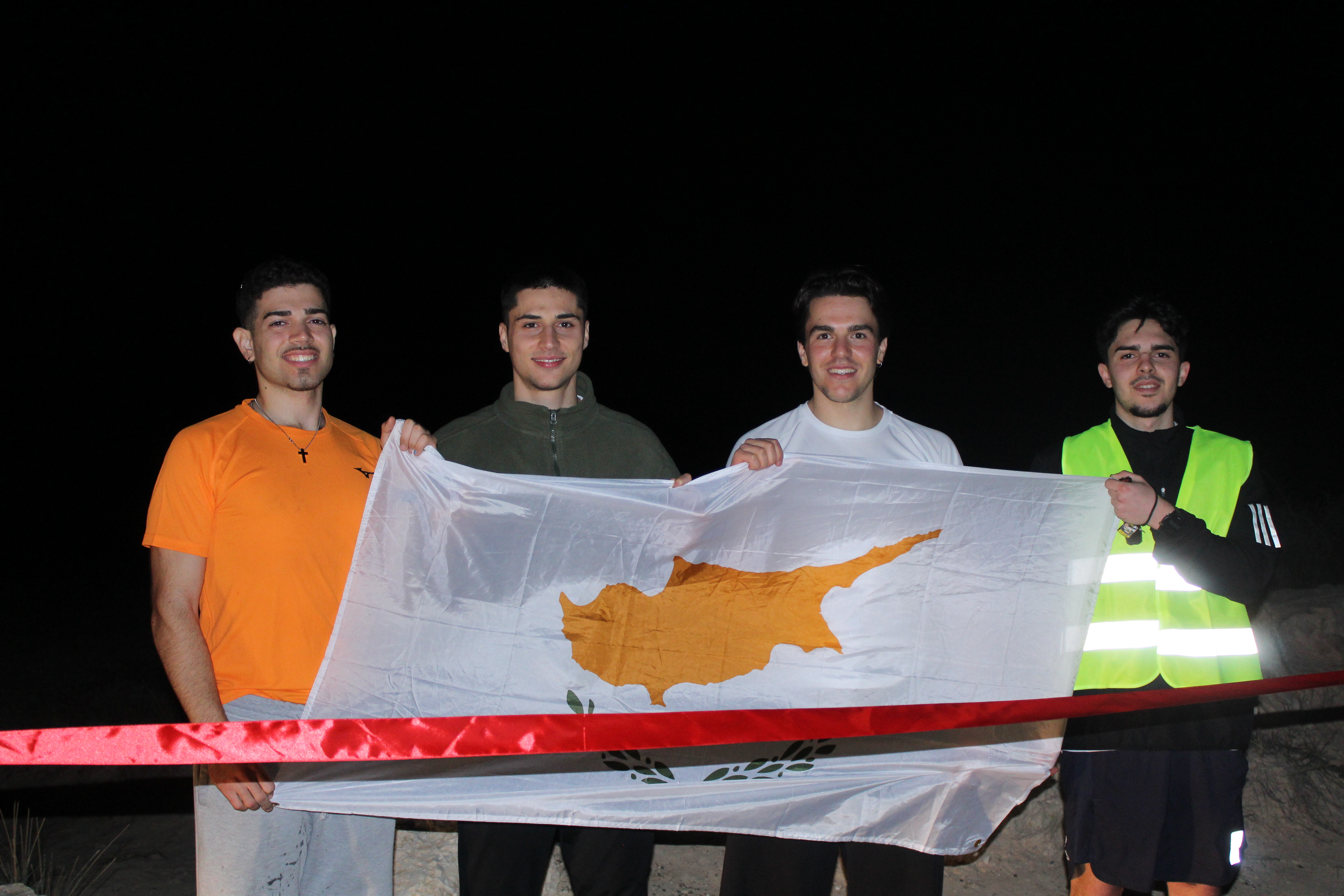The environment department on Monday issued a statement assuring that no gaps exist in the fast-track licensing procedure for small private desalination plants, which are promoted as a win-win drought-mitigation mechanism.
The Water Development Department reiterated last week procedures had been simplified so that plants of up to 1,500m3 day capacity could be granted within a week, with a view to them being built and operational before the peak tourist season. State support, understood to be in the form of an energy subsidy, had also been touted.
The goal is to free up urban drinking water for residents, while profit-making tourist establishments become responsible for sourcing their own water. As for the hotels, they stand to gain by averting the spectre of reduced tourist numbers due to inevitable water rationing.
Despite the hype, uptake of the idea by hoteliers has been subdued so far with the head of the hoteliers association, Thanos Michaelides, saying the idea was “unfeasible”, at least for this year’s season.
“It would be extraordinarily difficult for a hotel to submit an application, enter the market, find available units and complete installation works, within the [next several days],” he told Stockwatch publication.
Among the sticking points, Michaelides mentioned the nuisance of works being carried out adjacent to the hotel in the high season, as well as concerns over environmental impacts.
Moreover, desalination units are extremely energy intensive, meaning that hotels would need to install photovoltaics to power it which makes the proposition even more complicated, he said.
“If [acquisition of such units] were easy, the problem would have been solved by the government,” he said.
Head of the Association of Tourist Businesses (Stek) Akia Vavlitis, concurred with this assessment, stating that “for starters it’s a basic obligation of the state to provide its citizens and businesses with adequate water supply at reasonable prices.”
Even if there were units readily available, he said there were additional considerations making the notion unrealistic, including, the fact that only hotels directly bordering the sea could make use of the suggestion and those across the street would have to dig up roads to do so.
Noise from the plants would make the system problematic for tourists and neighbouring businesses, he said, while questioning where the necessary extra electricity needed to power the units would be suddenly procured.
The WDD, however, for its part, announced that the concept had garnered “intense interest” from hoteliers and that some hotels had already proceeded with applications, recalling that the capacity for hotels to install such units had already been granted by Cabinet in November 2024.
It is worth noting that to date only the Amathus Beach Hotel in Limassol operates such a unit.
“Amathus is the first hotel in Cyprus and one of the very few in Southern Europe with an advanced central geo-exchange and a heat recovery system that exploits the sea water for heating/cooling purposes for the hotel needs, resulting in a significant reduction of environmental pollution. Additionally, a desalination plant is used for the hotel water supply, as well as for irrigation purposes,” a webpage promoting the hotel’s sustainable outlook reads.
Water rationing measures are looking inevitable at present over the summer period, particularly in Paphos and Limassol, with experts informing the Cyprus Mail that deficits will continue into the spring of 2026 and likely beyond, as measures proposed are “too few and too late” and can only proceed at a much slower timeframe than presented.
Environmental organisation Terra Cypria also raised concerns on Monday that the fast-track licensing procedure does not prevent the construction of small private desalination plants within or near protected areas, such as Natura 2000 sites. The organisation has questioned how environmental laws will be enforced, particularly regarding coastal and marine protected zones, given that approvals can be granted in just one week.
Terra Cypria also criticised the two new state subsidy schemes for small private desalination plants, arguing that they should have been subject to a Strategic Environmental Assessment (SEA) and a Special Ecological Assessment. The organisation referenced legal provisions indicating that these grants fall under environmental legislation and should have been reviewed accordingly.
Furthermore, the group pointed out that the government’s claim that its desalination strategy was already environmentally assessed is misleading. The only official environmental assessment on desalination in Cyprus dates back to September 2011 and pertains exclusively to large-scale public desalination units, not the smaller private plants now being promoted.








Click here to change your cookie preferences